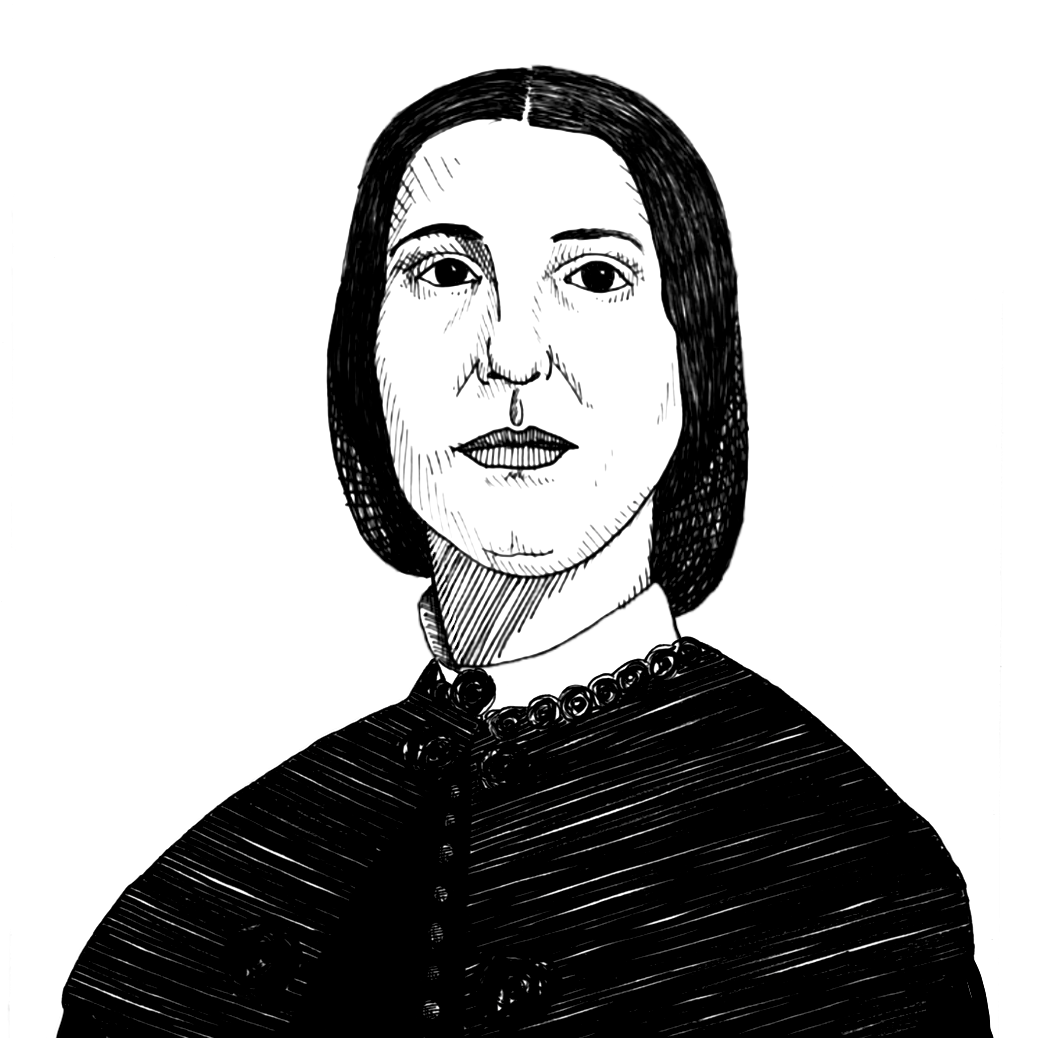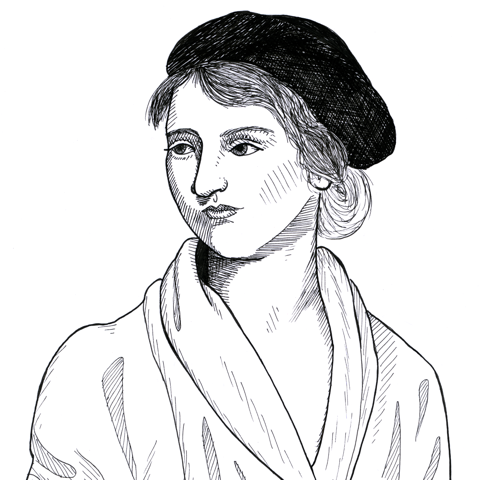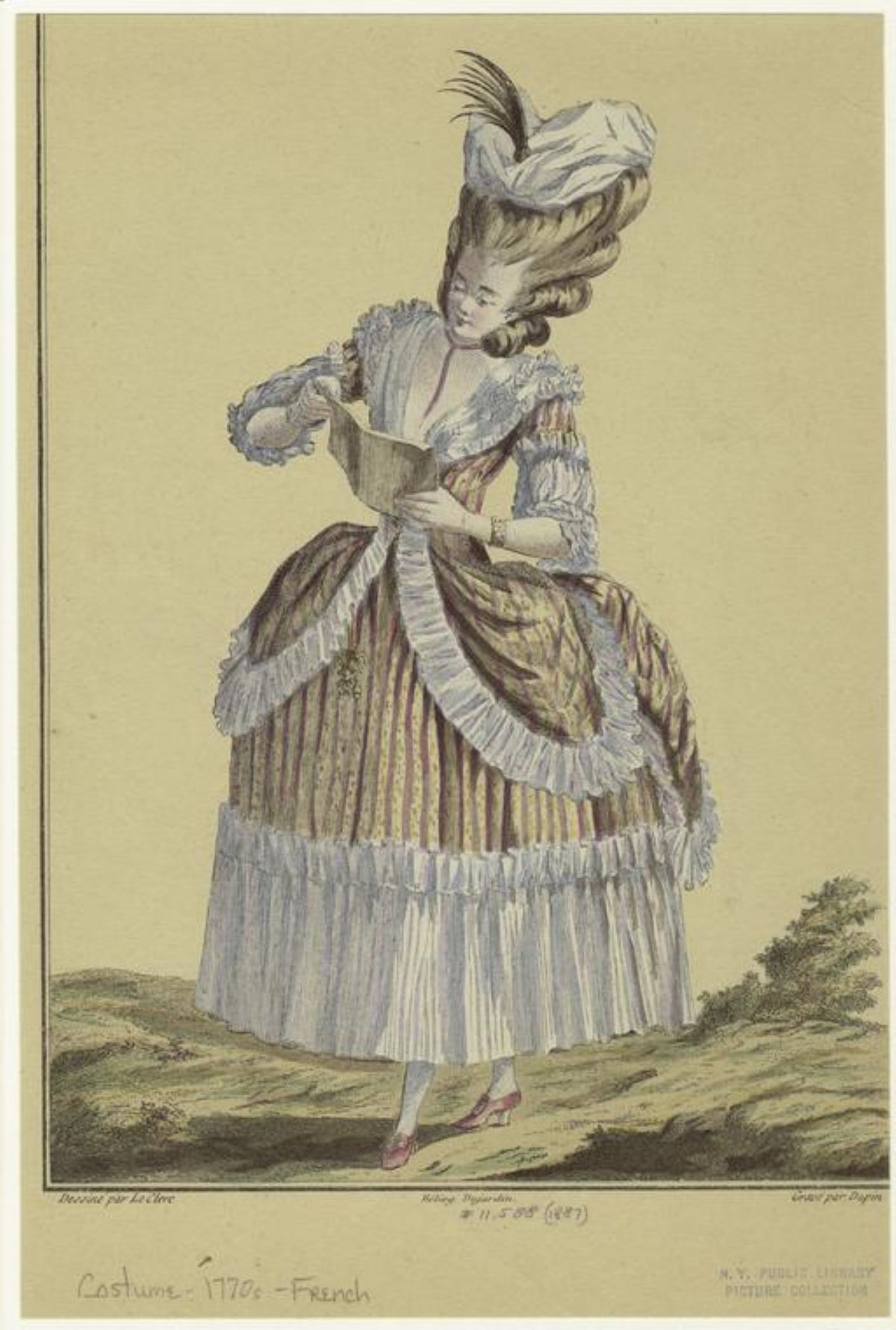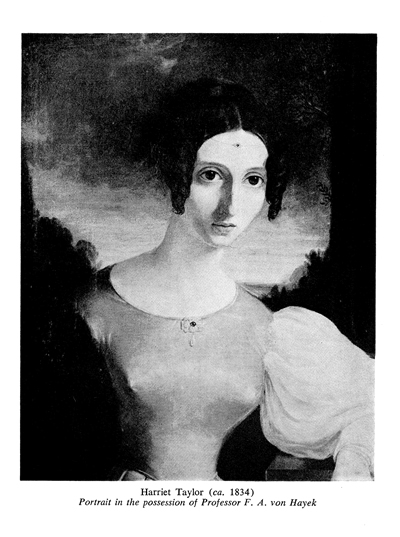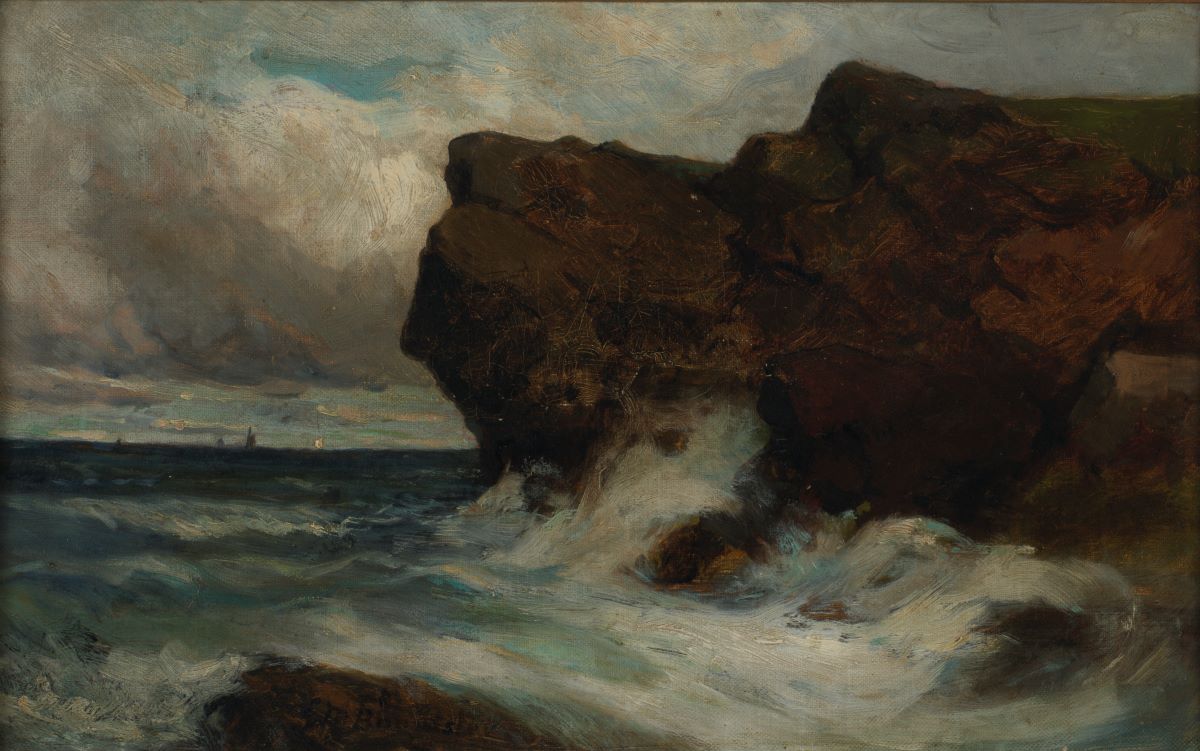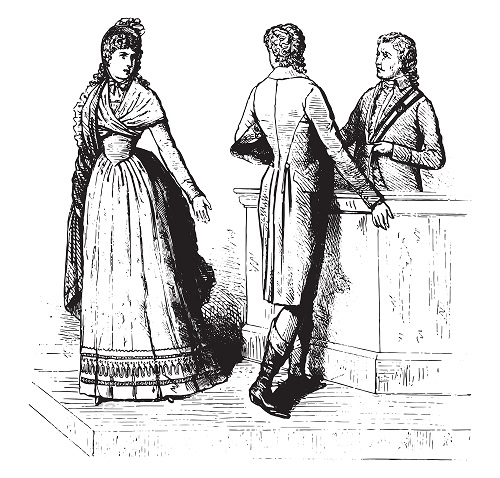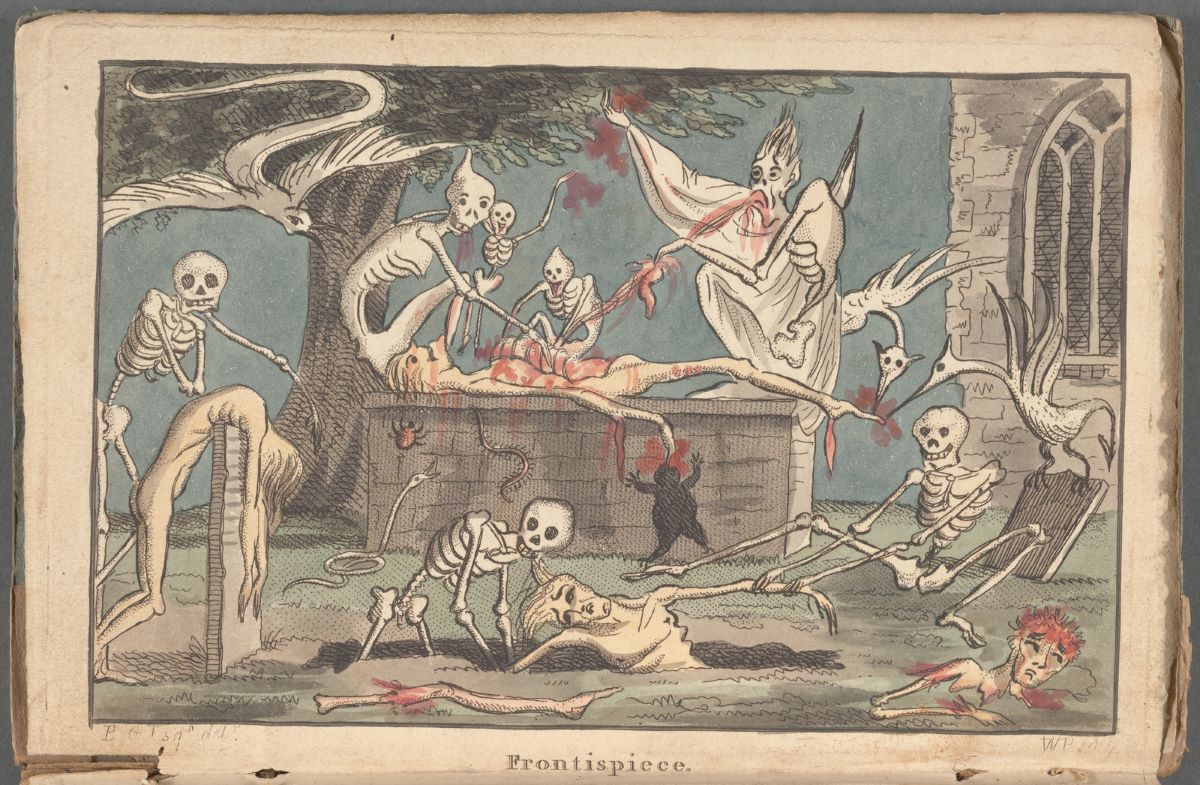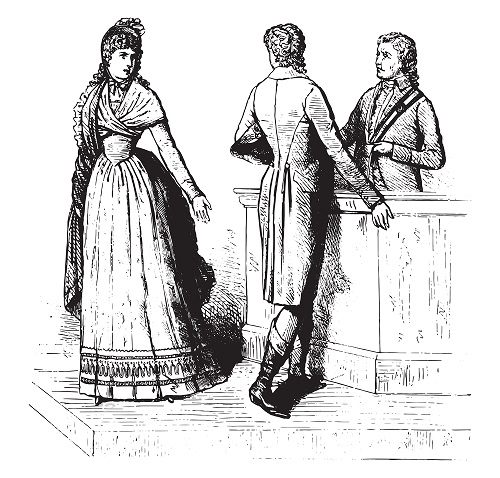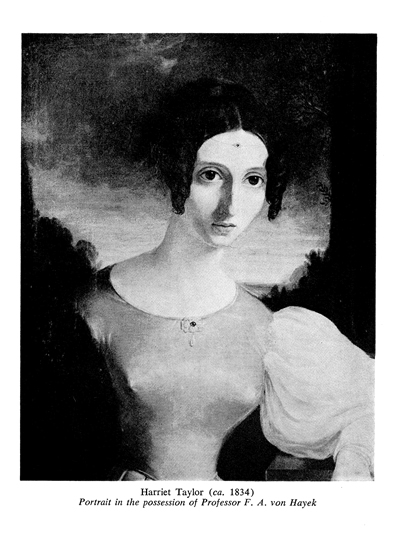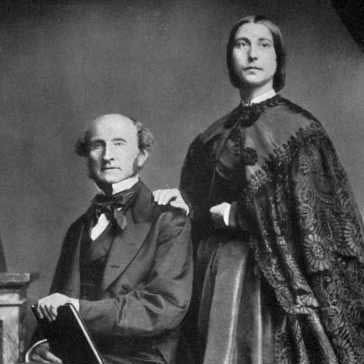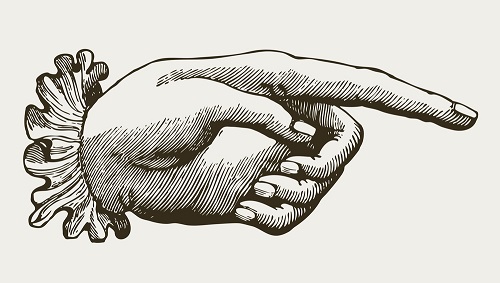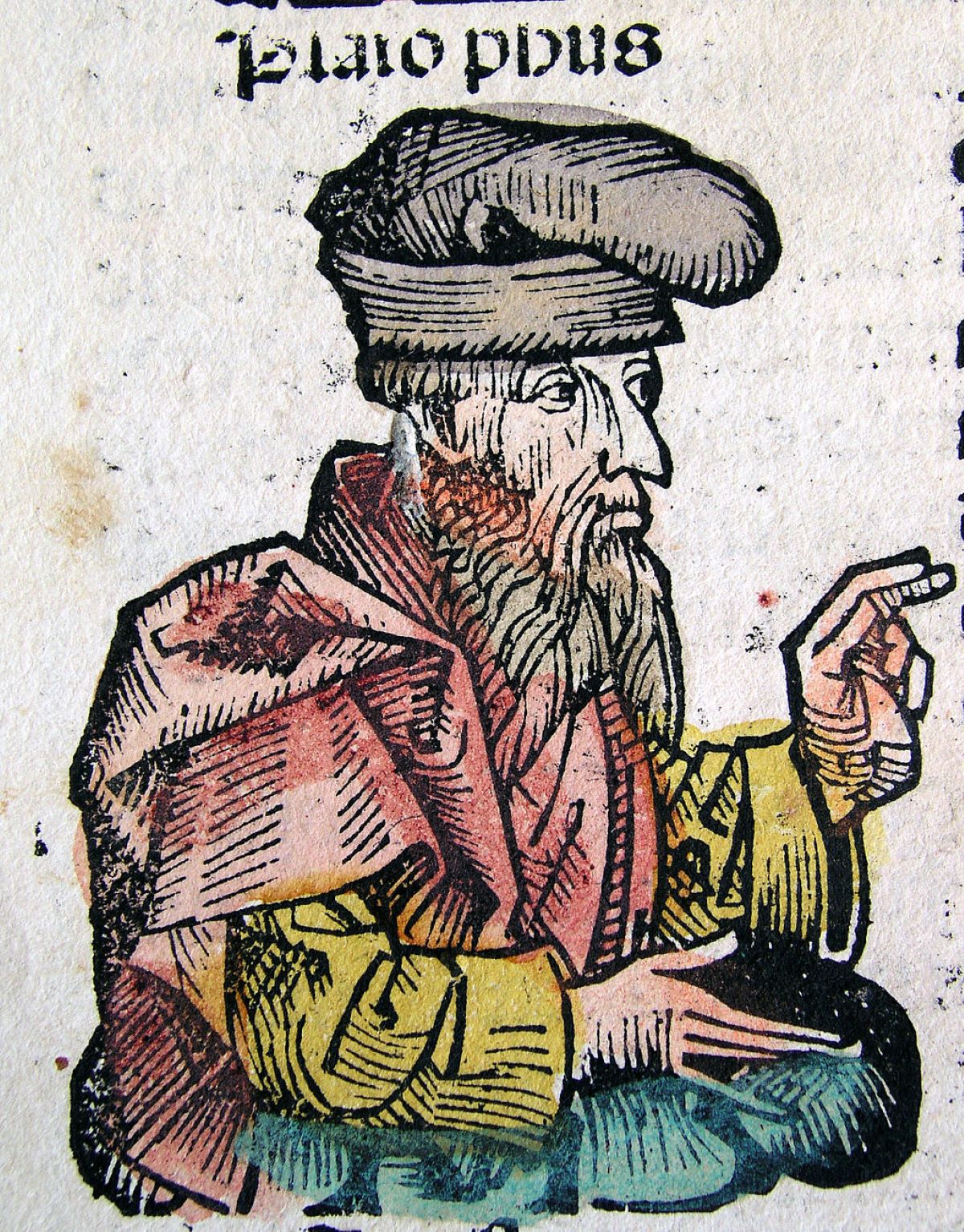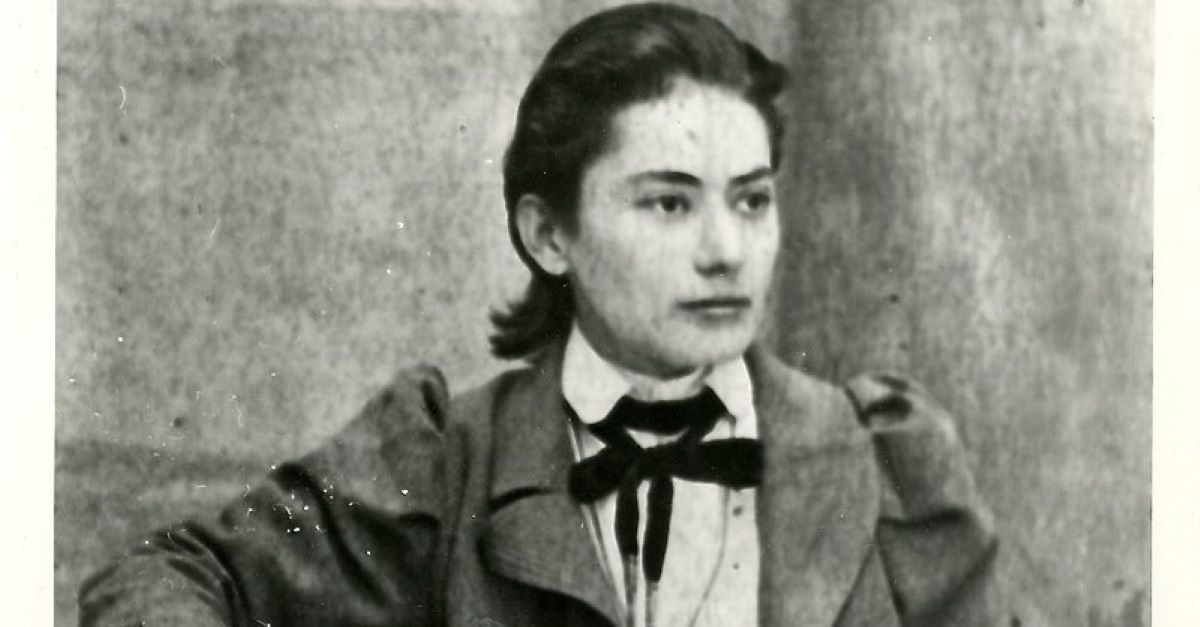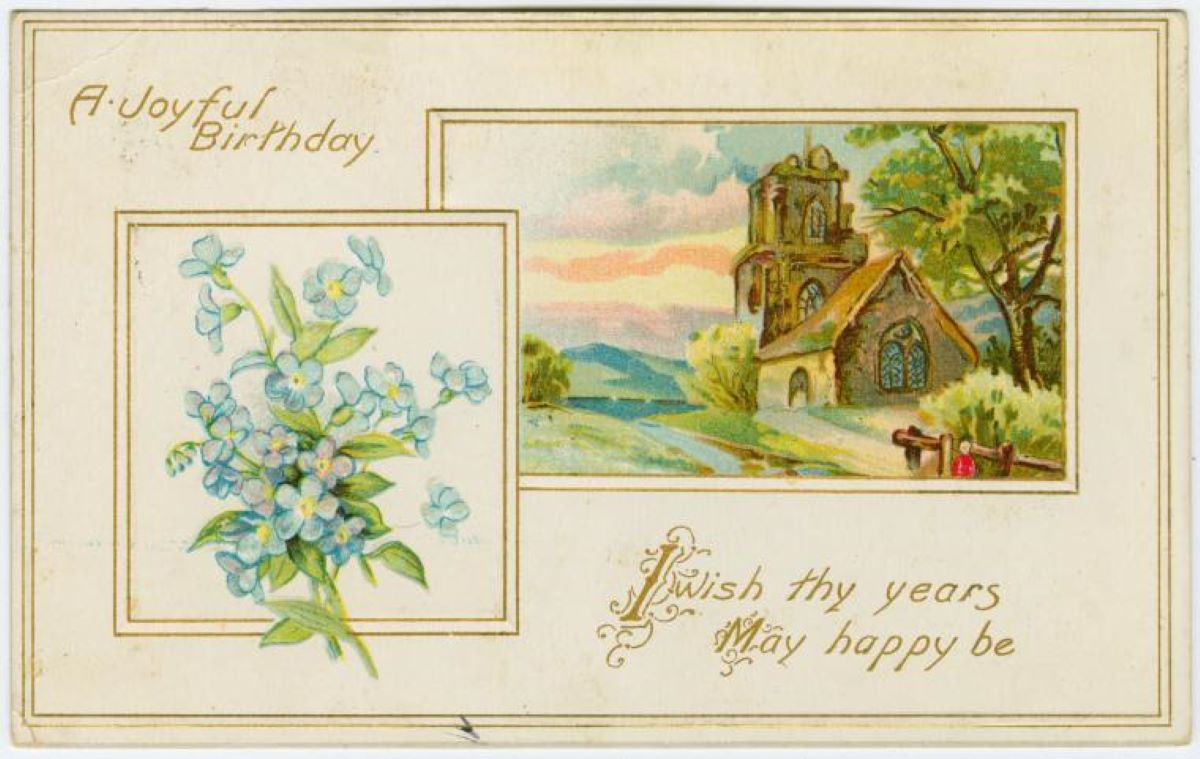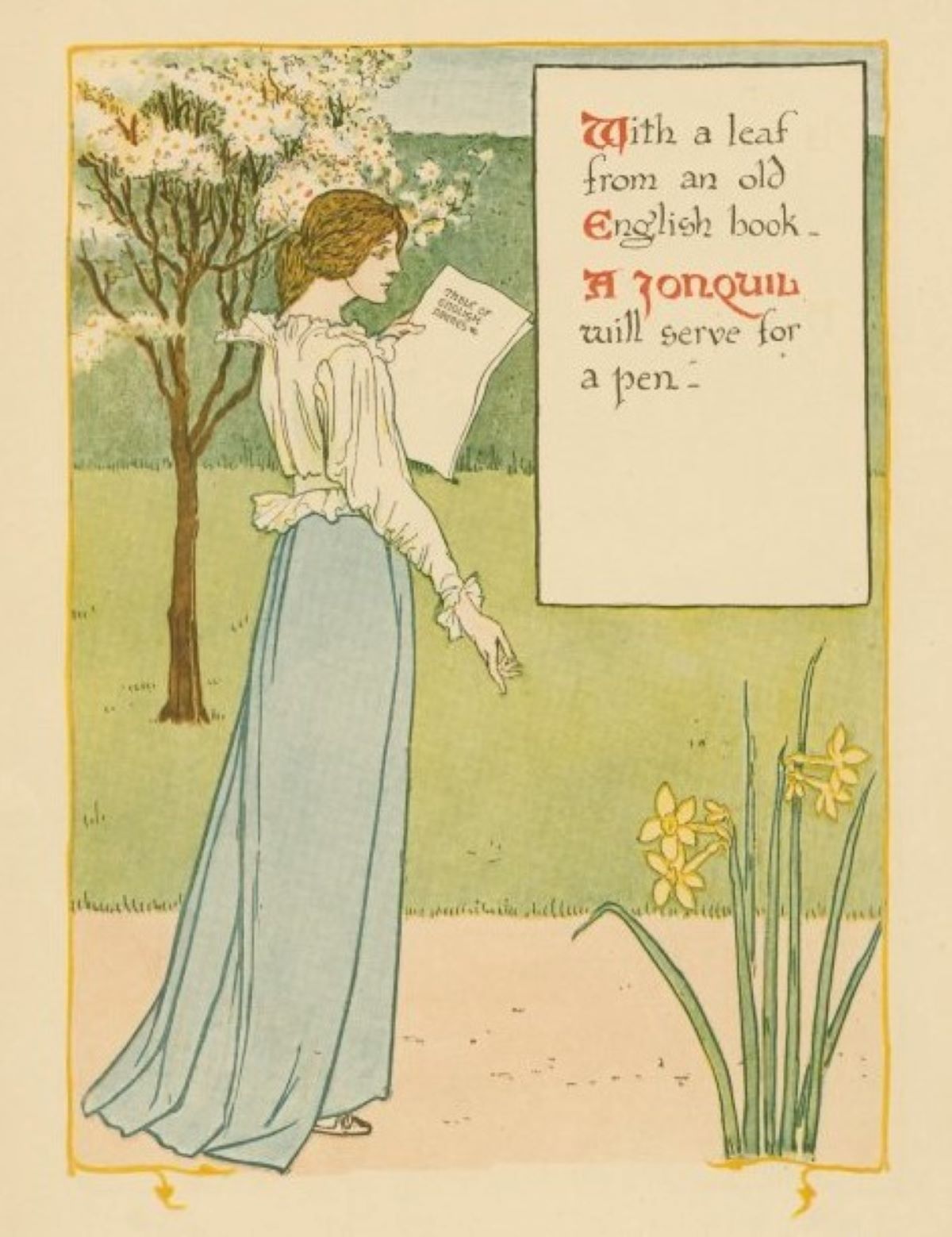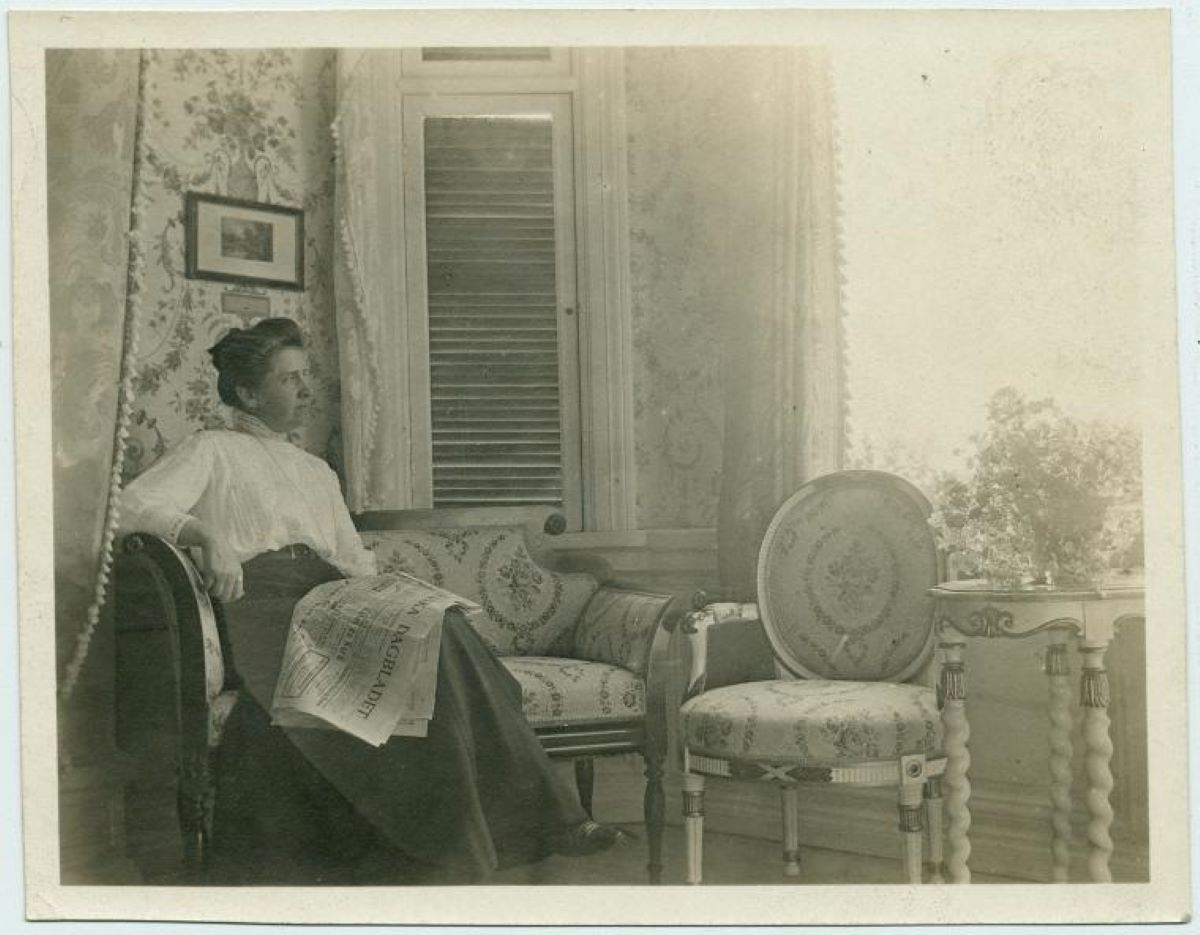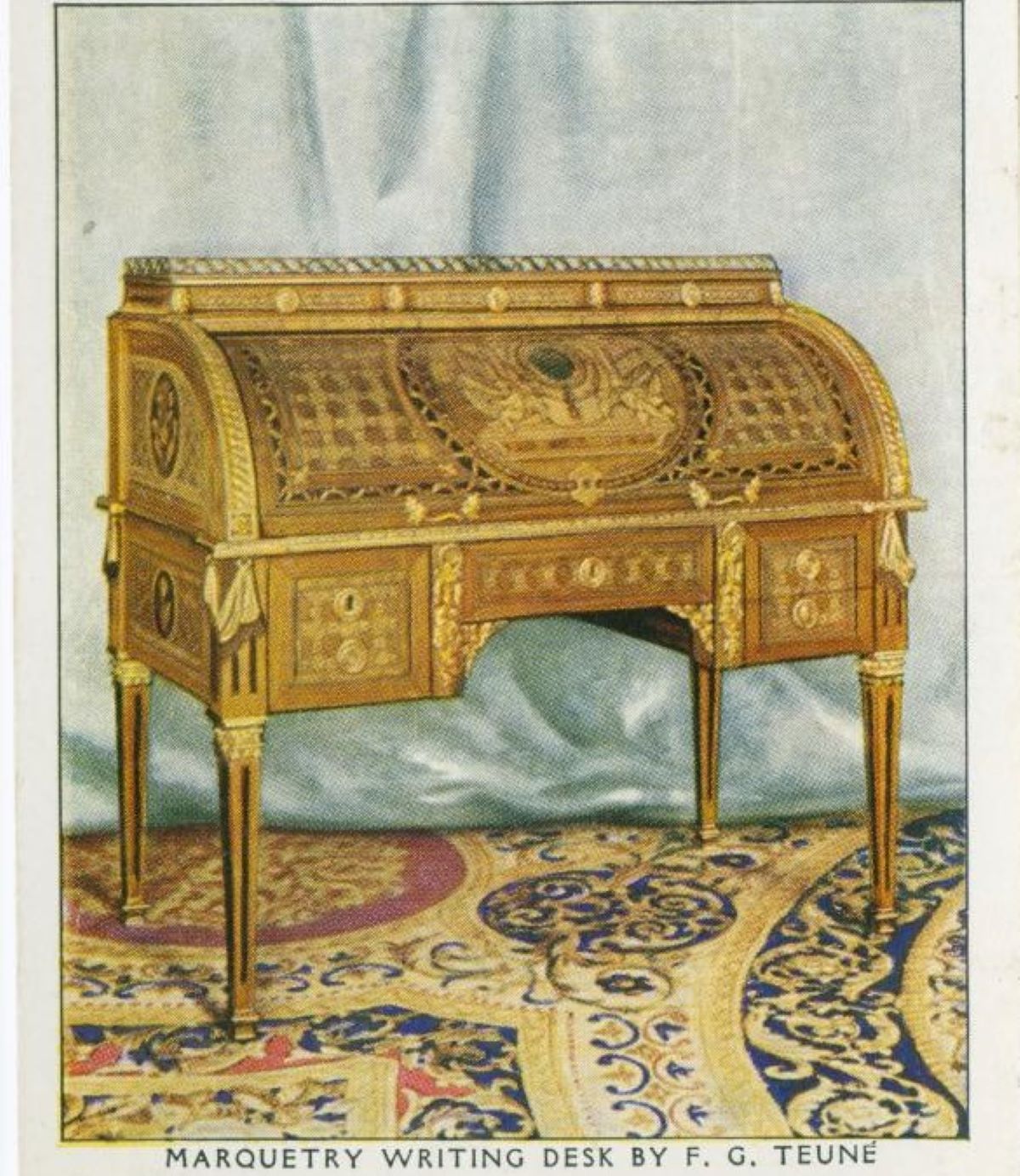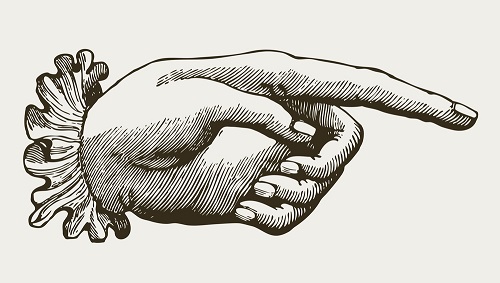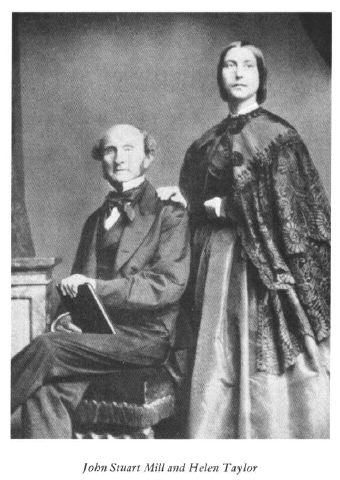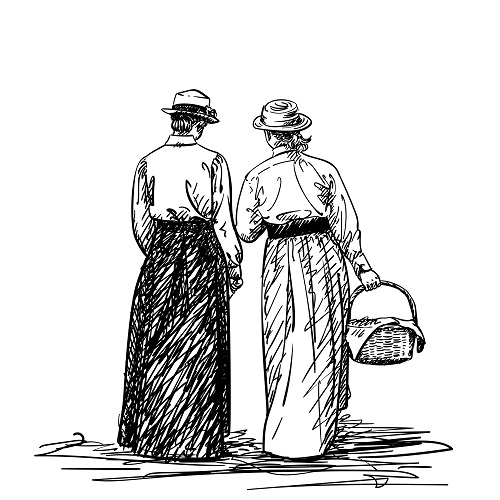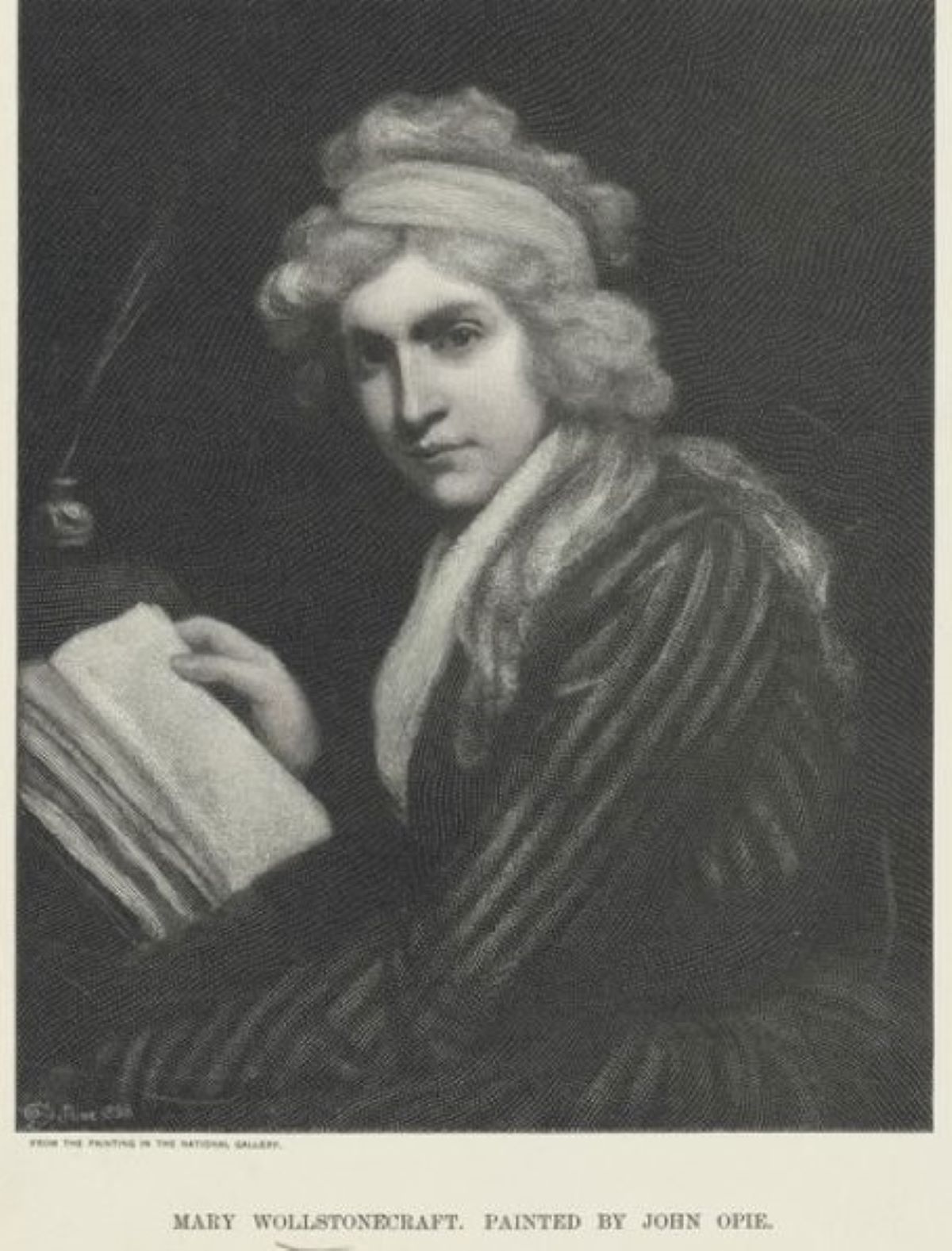Rights of Women
About this Collection
During the French Revolution a number of men and women began to argue in favor of granting women full civic and legal rights. In France this was taken up by Condorcet and Olympes de Gouge; in Britain by Mary Wollstonecraft. During the nineteenth century, whilst a Member of Parliament, John Stuart Mill, argued for the same thing.
Key People
Titles & Essays
THE READING ROOM
THE READING ROOM
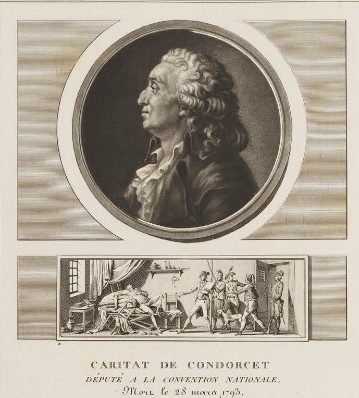
Marie-Jean-Antoine-Nicolas Caritat, Marquis de Condorcet (author)
LIBERTY MATTERS
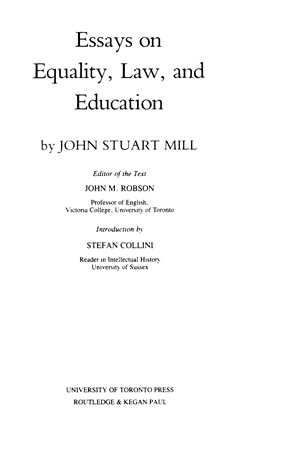
John Stuart Mill (author)
THE READING ROOM
LIBERTY MATTERS
THE READING ROOM
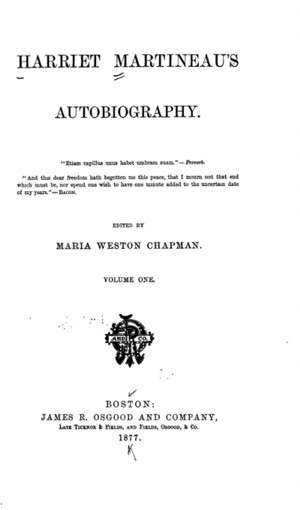
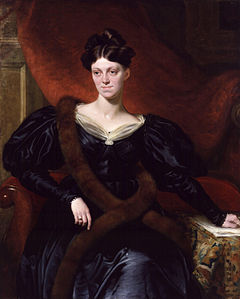
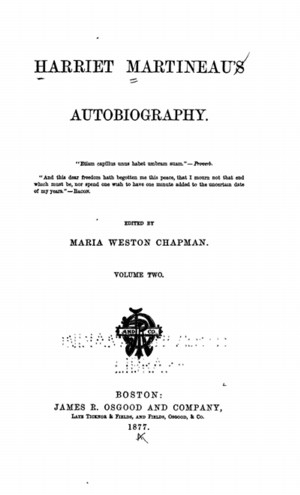
Maria Weston Chapman (author)
LIBERTY MATTERS
LIBERTY MATTERS
THE READING ROOM
THE READING ROOM
THE READING ROOM
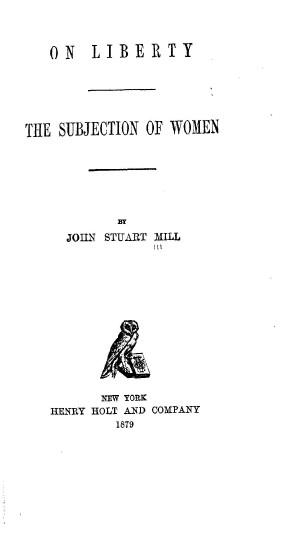
THE READING ROOM
THE READING ROOM
THE READING ROOM
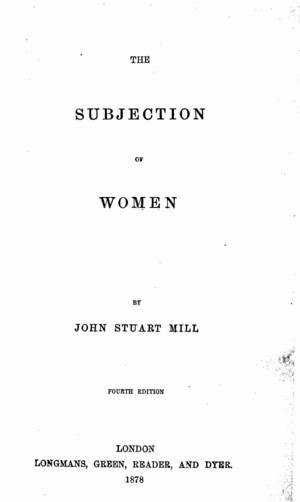
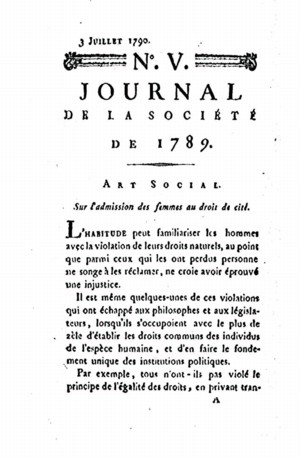
Marie-Jean-Antoine-Nicolas Caritat, Marquis de Condorcet (author)
LIBERTY MATTERS
LIBERTY MATTERS
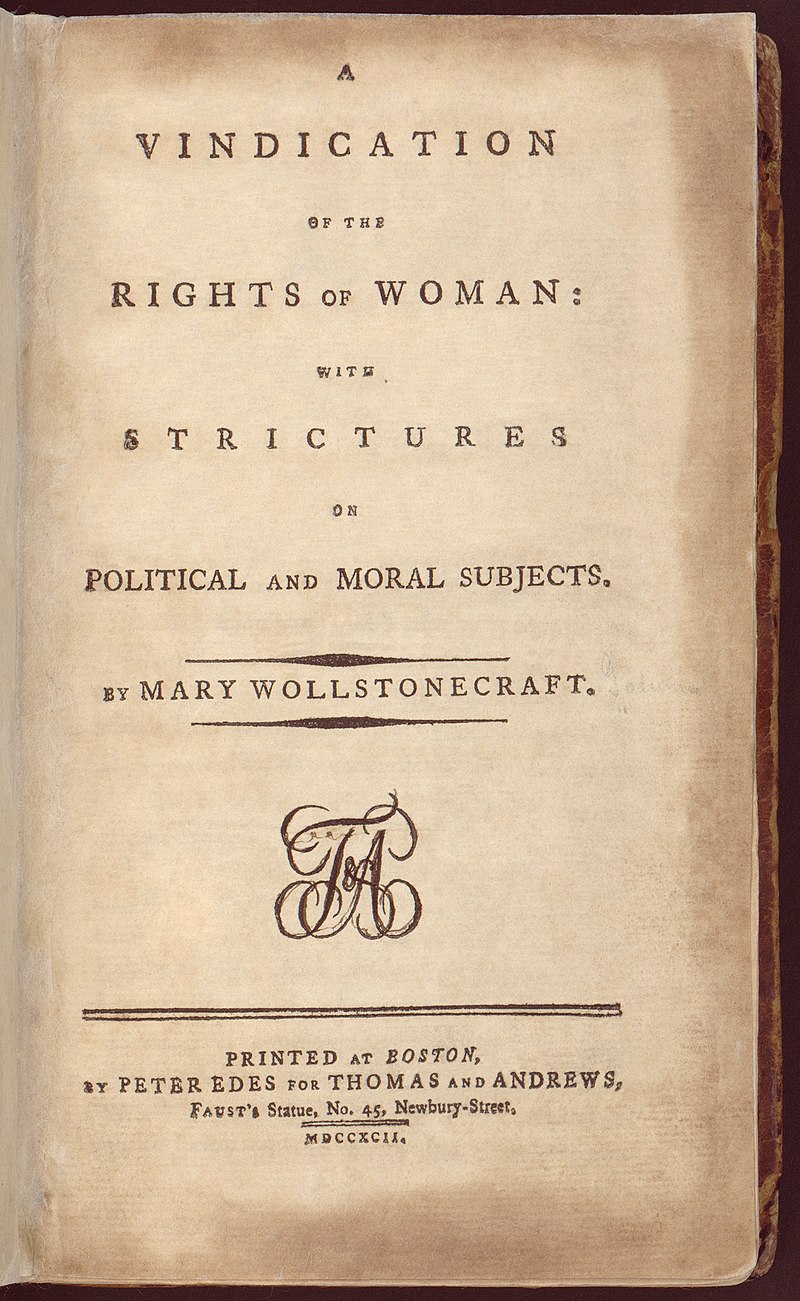
THE READING ROOM
THE READING ROOM
THE READING ROOM
Quotes
Women’s Rights
Frederick Douglass on Women’s Right to Vote
Women’s Rights
Harriet Taylor wants to see “freedom and admissibility” in all areas of human activity replace the system of “privilege and exclusion” (1847)
Women’s Rights
J.S. Mill denounced the legal subjection of women as “wrong in itself” and as “one of the chief hindrances to human improvement” (1869)
Women’s Rights
J.S. Mill in “The Subjection of Women” argued that every form of oppression seems perfectly natural to those who live under it (1869)
Women’s Rights
J.S. Mill on the wife as the “actual bondservant of her husband” in the 19th century (1869)
Women’s Rights
J.S. Mill spoke in Parliament in favour of granting women the right to vote, to have “a voice in determining who shall be their rulers” (1866)
Property Rights
J.S. Mill’s great principle was that “over himself, over his own body and mind, the individual is sovereign” (1859)
Women’s Rights
James Mill on Women and Representative Government
Women’s Rights
John Stuart Mill uses an analogy with the removal of protective duties and bounties in trade to urge a similar “Free Trade” between the sexes (1869)
Women’s Rights
Mary Wollstonecraft believes that women are no more naturally subservient than men and nobody, male or female, values freedom unless they have had to struggle to attain it (1792)
Women’s Rights
Mary Wollstonecraft likens the situation of soldiers under a tyrant king to women under a tyrant husband (1792)
Women’s Rights
Mary Wollstonecraft on Women’s Education
Women’s Rights
Mary Wollstonecraft’s “I have a dream” speech from 1792
Women’s Rights
The Women of Seneca Falls and William Blackstone




